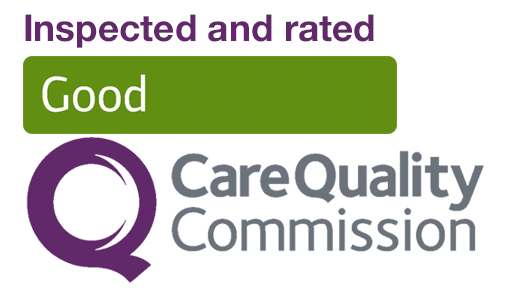Are you aware of the early signs of pregnancy? Know what to anticipate, from nausea to exhaustion. Could you be expecting a child? The pregnancy test provides confirmation of this. You could guess or hope that you’re pregnant even before you miss a period. Learn about the early signs and symptoms of pregnancy, as well as the reasons for their occurrence.
Pregnancy signs and symptoms are well-known
The following are some of the most prevalent early signs and symptoms of pregnancy:
Period was skipped
If you’re in your childbearing years and your monthly cycle hasn’t started after a week or longer, you might be pregnant. However, if you have an irregular menstrual cycle, this symptom might be deceiving.
Breasts that are tender and swollen
Hormones enlarge your blood vessels early in pregnancy to ensure that enough blood is delivered to your baby. However, your blood pressure is lower than normal due to a combination of your body’s blood volume not yet catching up with the expanding circulatory system and the increased amount making it to your uterus. This could lead to a reduced blood supply to your brain, which may make you feel dizzy for a short time, especially if you stand up or change your position suddenly. Varicose veins are common in pregnant women and many develop them during pregnancy, which can lead to dizziness.
Nausea that may or may not be accompanied by vomiting.
Morning sickness usually starts one to two months after you become pregnant and can strike at any time of day or night.
Some women, on the other hand, suffer nausea earlier, while others never do. While the exact reason for nausea during pregnancy is unknown, pregnancy hormones are most likely to blame.
Urination has increased
You could notice that you’re urinating more frequently than normal. During pregnancy, the volume of blood in your body rises, leading your kidneys to process excess fluid that collects in your bladder.
Fatigue
Fatigue is also one of the most important early pregnancy symptoms.
Nobody knows what causes tiredness in the first trimester of pregnancy.
A fast spike in progesterone levels during early pregnancy, on the other hand, may lead to exhaustion.
Other pregnancy indicators and symptoms
Hormones enlarge your blood vessels early in pregnancy to ensure that enough blood is delivered to your baby. However, your blood pressure is lower than normal due to a combination of your body’s blood volume not yet catching up with the expanding circulatory system and the increased amount making it to your uterus. This could lead to a reduced blood supply to your brain, which may make you feel dizzy for a short time, especially if you stand up or change your position suddenly. Varicose veins are common in pregnant women and many develop them during pregnancy, which can lead to dizziness.
Moodiness
Early in pregnancy, the surge of hormones in your body might make you feel especially emotional and teary. Swings in mood are also typical.
Bloating
Early in pregnancy, hormonal shifts might make you feel bloated, similar to how you would feel at the onset of your menstrual period.
Light period spotting
One of the early indicators of pregnancy might be light spotting. When the fertilized egg adheres to the uterine lining approximately 10 to 14 days after conception, it causes implantation bleeding.
Implantation bleeding happens at the same time as your menstrual cycle. However, not all of them
Cramping
Early in pregnancy, some women suffer minor uterine cramps.
Constipation
Hormonal fluctuations slow down your digestive system, which can cause constipation.
Aversions to certain foods
You may become more sensitive to some scents and your sense of taste may change when pregnant.
These dietary choices, like most other pregnant symptoms, can be attributed to hormonal changes.
Congestion in the nose
The mucous membranes in your nose might expand, dry up, and bleed readily when hormone levels and blood production rise. You may get a stuffy or runny nose as a result of this.
Are you truly expecting a child?
A lot of these signs and symptoms aren’t only for pregnant women. Some of them might signal that you’re likely to get ill or that your menstruation is about to begin.
Similarly, you might be pregnant and not have many of these symptoms. Take a home pregnancy test or visit your health care physician if you miss a period and observe some of the aforementioned signs or symptoms.
Make an appointment with your health care practitioner if your home pregnancy test is positive. The sooner you have confirmation of your pregnancy, the sooner you may start prenatal care.
Start taking a daily prenatal vitamin if you’re trying to get pregnant or have recently found out you’re expecting. Important vitamins and minerals, such as folic acid and iron, are commonly found in prenatal supplements.


